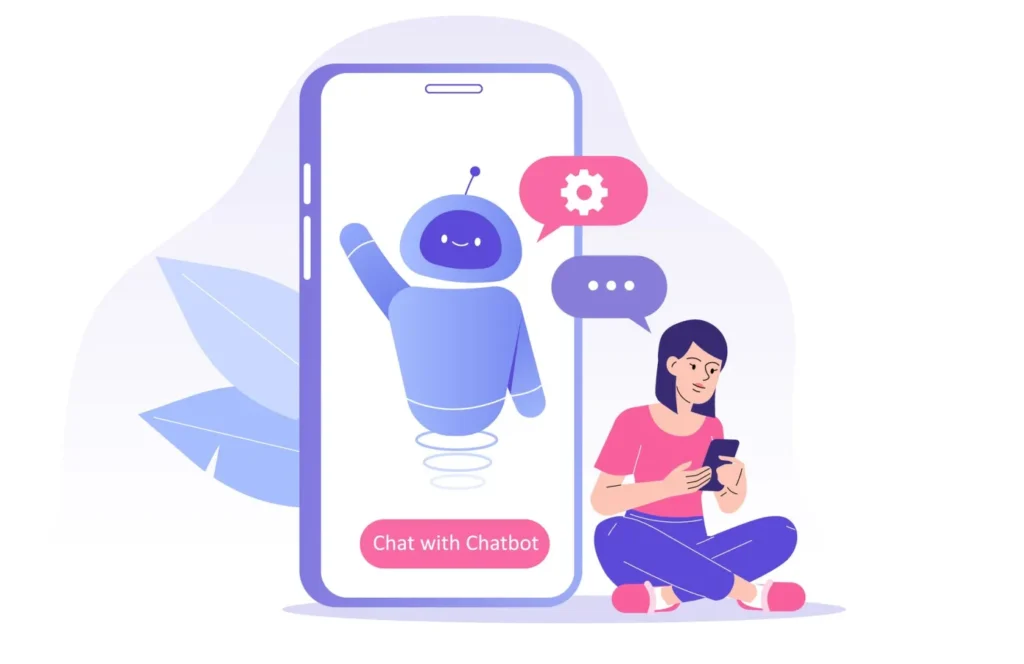
Language teacher is one of the professions that is most likely to be replaced by AI.
That doesn’t mean it’s a good idea. Some employers have chosen — including Duolingo, recently — to use AI as a substitute for human experts in language teaching. Even though AI-translated text is usually less rich in vocabulary than human translations, the cost benefits are enough to justify the trade-off in some managers’ eyes.
But some companies claim that AI can achieve at scale what language teachers can’t.
One of them is Loora, which uses conversational AI to teach English to students. Loora’s iOS app lets users chat with a chatbot that evaluates their English understanding.
Mor, who founded Loora with Levin, told TechCrunch in an email interview that Loora was born out of their “frustration with language learning”. He said, “Language learning apps are only for beginners or casual learners, and human tutors are very costly, inconvenient and hard to find.”

Loora, which is named after the Arabic word for “language”, gives learners several conversation topics and situations to pick from, from sports, tech, business, fashion, books and TV shows to interviews and presentations. The app gives feedback on grammar as well as pronunciation and accent, and — if users need help — a direct translation in their native language.
Loora measures users’ proficiency over time, and uses this score to customize conversations at their speaking level.
Many English learning platforms have features like that, including OpenAI-backed Speak, Preply (which recently invested more in AI tech) and ELSA. But Mor says that Loora is different because it targets “serious learners” who want to master English for personal and professional growth.
“Most other language learning apps on the market are restricted and gamified,” Mor said. “Loora has designed, trained and fine-tuned its AI for the only purpose of helping users achieve English fluency — much more than casual conversational skills … We only use our own data and tailor-made training and evaluation system for training and fine-tuning our models, resulting in constantly-improving retention.”
Mor also argues that Loora is more suitable than other apps and tutors for specific language learning scenarios — for instance presenting ideas in a business meeting. He claims that tutors are constrained by their domain knowledge — a constraint that Loora’s app doesn’t have (according to Mor). And Mor adds that speciality tutors are likely to be more sought-after than general, all-purpose ones.
Mor said, “Imagine a learner wants to learn to talk about business concepts at a high level for work reasons.” He continued, “If the tutor doesn’t know, even though they are a native speaker, they won’t be good at teaching English for that particular purpose.”
That’s a lot to promise given the limitations of language education apps — especially those without any human feedback.
A Michigan State University study of the effectiveness of popular language learning apps showed that almost every participant improved on grammar and vocabulary but only about 60% improved in oral proficiency — a common problem in digital language learning programs. The study’s authors found that a hybrid setup — one that combines online and classroom learning — was the best way to learn and keep second language skills.

Loora’s investors were not deterred by this, and they might have been influenced by the size of the total English language learning market (over $70 billion by 2030, according to data analysis firm Research and Markets).
Loora announced today that it secured $12 million in a Series A round led by QP Ventures with participation from Hearst Ventures, Emerge and Two Lanterns Venture Partners — bringing Loora’s total funding to $21.25 million. Mor says that the money will be used to fund the development of Loora’s Android app, “enhance” Loora’s core AI tech and conversational capabilities and grow the startup’s workforce from 14 employees to 25 by the end of 2024.
Loora also plans to launch an enterprise service, reaching beyond its current customer base of 15,000 app users. (Loora charges $15 per month or $120 a year for access to its app.) While the startup’s consumer business has been growing steadily — 8x in 2023, in terms of annual recurring revenue — Mor sees a growth driver in corporate customers.
Mor said, “Our intended business-to-business offering will make Loora available through employers, universities and institutions, making it more accessible to those who want and need it most.” He added, “With [the Series A] funding, our effective unit economics, increasing customer base and the constant demand for English learning solutions, we believe we’re well prepared to overcome any potential challenges and continue to grow and serve our learners.”